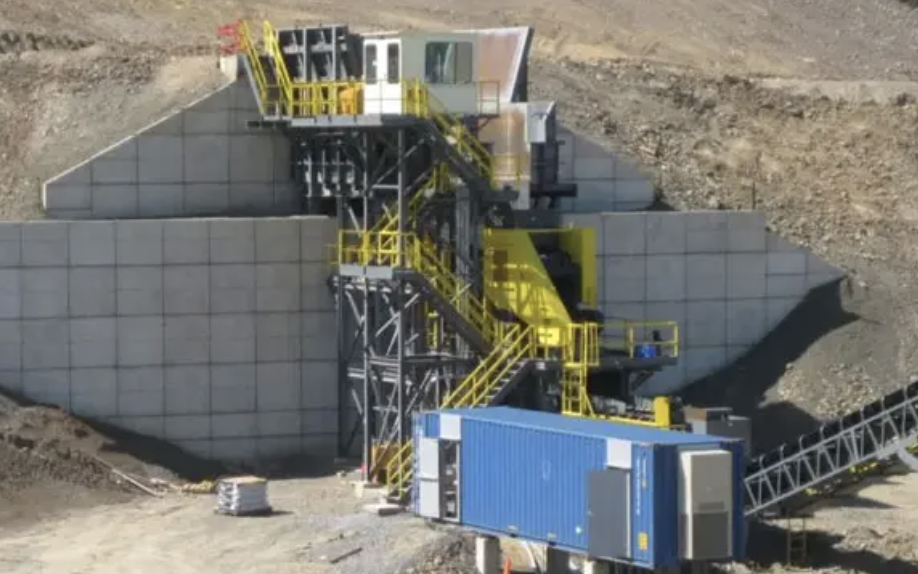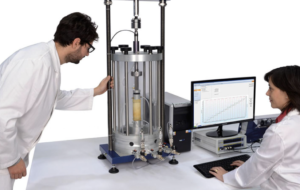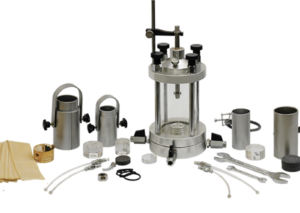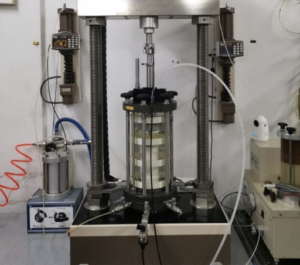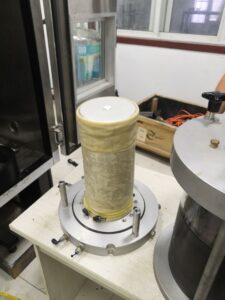Which Jaw Crushers Are the Most Commonly Used?
From quarries and mines to demolition sites and laboratories, jaw crushers remain the backbone of size-reduction technology. While there are dozens of specialized models, four configurations dominate the market because they strike the best balance between performance, durability, and cost. Below is a quick guide to the jaw-crusher types you’re most likely to encounter—and why each one is so popular.
Single Toggle Jaw Crushers: The Industry Standard
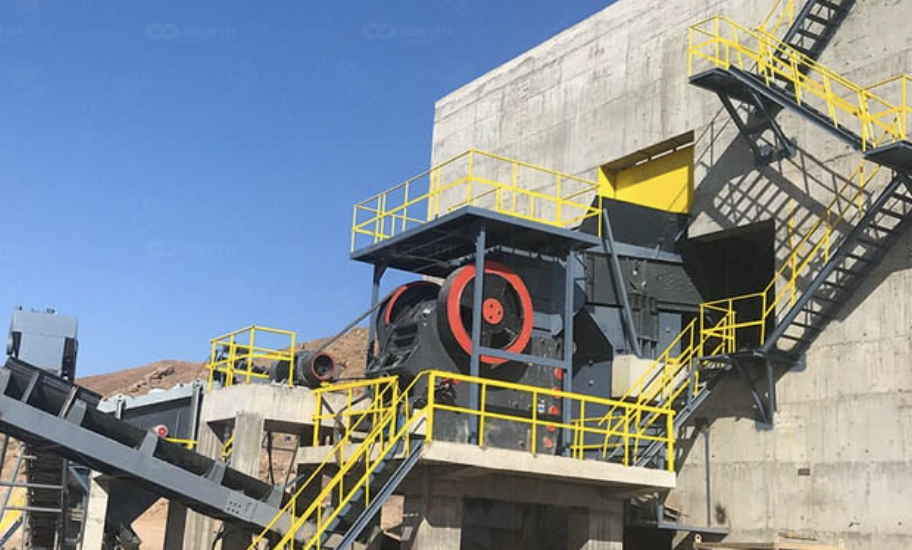
What they are
Single toggle jaw crushers1 use one oscillating toggle plate. As the eccentric shaft rotates, the moveable jaw swings toward and away from the fixed jaw, creating a compression–and–release motion.
Why they’re everywhere
| Advantage | Practical Benefit |
|---|---|
| Fewer moving parts | Lower maintenance costs and less downtime |
| Higher speed & lighter swing | Good throughput with moderate power consumption |
| Simple design | Easier to install and operate in most facilities |
Typical applications: Aggregates production, recycling concrete, laboratory sample prep, and general mining operations.
Double Toggle Models: Built for Tough Materials
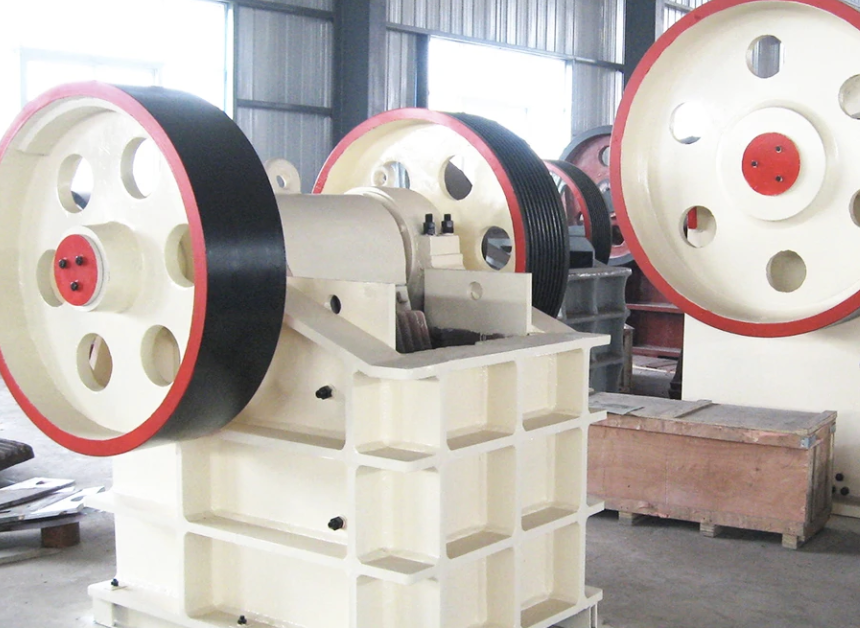
What they are
Double toggle crushers2 have two toggles and a more complex pitman motion. The moveable jaw moves in a true “up-and-down” path, applying a stronger, more uniform crushing force.
Why they stand out
| Strength | Best-Fit Scenario |
|---|---|
| Greater crushing force3 | Very hard or abrasive rock (granite, basalt) |
| Even stress distribution | Minimizes wear on jaw plates |
| Longer jaw life4 | Reduces replacement frequency in harsh settings |
Typical applications: Primary crushing in large quarries, underground mines, and operations handling exceptionally hard or abrasive ores.
Mobile Units: Crushing Made Convenient
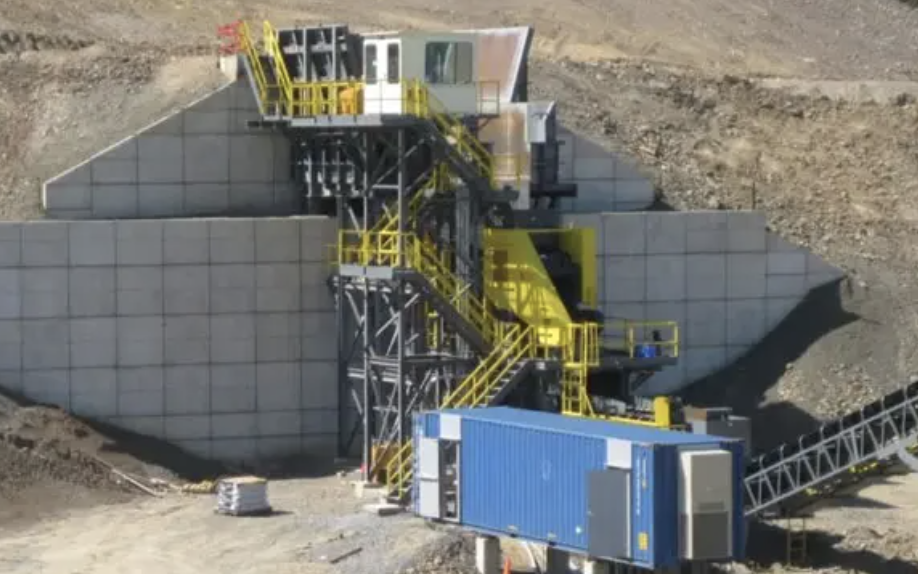
What they are
Mounted on tracks or wheels, mobile jaw crushers5 integrate the crusher, conveyor, and often screeners into one package that can be driven directly to the job site.
Why users love them
| Benefit | Real-World Impact |
|---|---|
| Mobility | Set up directly at excavation or demo sites |
| Reduced hauling costs | Crush on-site, reuse material immediately |
| Fast deployment | Ideal for short-term projects and tight deadlines |
Typical applications: Demolition recycling, short-term quarry jobs, and remote construction projects where transporting material to a fixed plant is prohibitive.
Hydraulic Systems: Smarter and Safer Operation
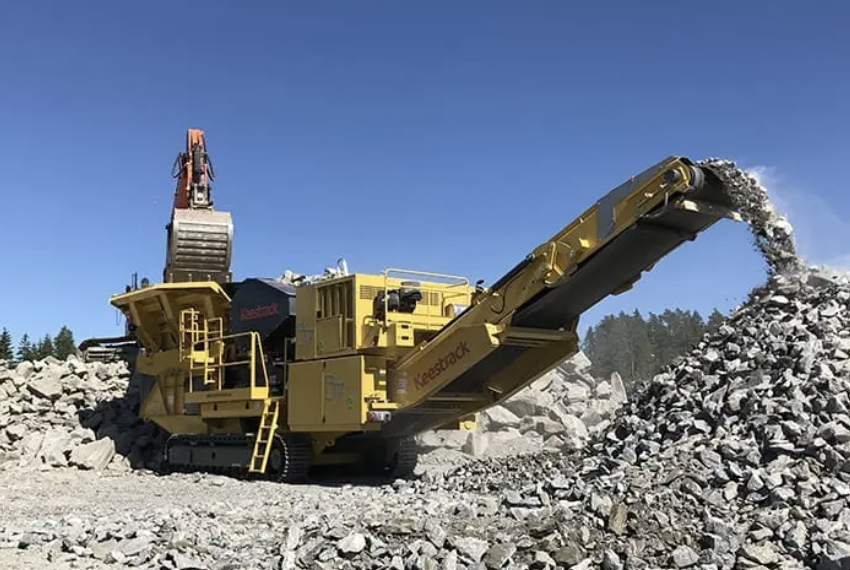
What they are
Hydraulic jaw crushers incorporate cylinders for gap adjustment6, overload protection7, and automatic resetting. Many models feature touch-screen controls for precise settings.
Why they’re gaining ground
| Feature | Benefit to Operators |
|---|---|
| Hydraulic gap adjustment | Instant, tool-free control of product size |
| Overload relief | Prevents damage from uncrushable objects |
| Remote/automated operation | Enhances safety and reduces labor exposure |
Typical applications: Modern aggregate plants, high-precision laboratories, and safety-focused mining operations where downtime and accidents are unacceptable.
Conclusion
While specialized crushers exist for niche tasks, the majority of crushing jobs are handled by single toggle, double toggle, mobile, and hydraulic jaw crushers. Understanding their unique strengths helps you pick the right machine—whether you need everyday reliability, maximum power for tough rock, on-site flexibility, or smart automation for safety and precision. Choosing wisely ensures efficient operation, lower costs, and better end-product quality.
-
Explore the advantages of Single toggle jaw crushers to understand their efficiency and applications in various industries. ↩
-
Explore the benefits of Double toggle crushers to understand their unique features and applications in mining and quarrying. ↩
-
Learn how Greater crushing force enhances efficiency and productivity in mining operations, especially with hard materials. ↩
-
Discover the factors that lead to Longer jaw life in crushers, reducing maintenance costs and downtime in operations. ↩
-
Explore this link to understand the advantages and applications of mobile jaw crushers in various industries. ↩
-
Understanding hydraulic gap adjustment can enhance your knowledge of efficient crusher operations and maintenance. ↩
-
Exploring overload protection mechanisms can help you prevent equipment damage and improve operational safety. ↩

